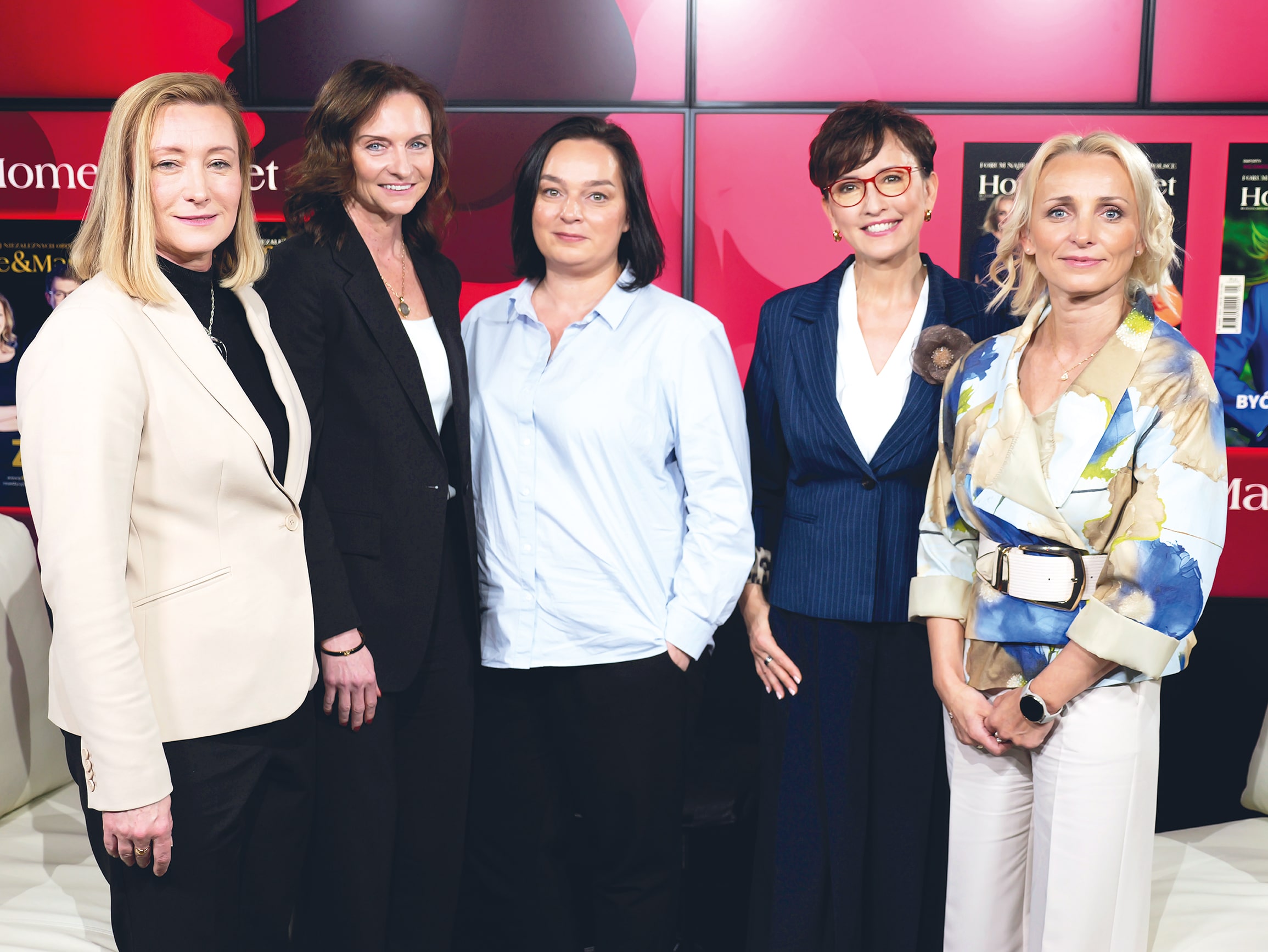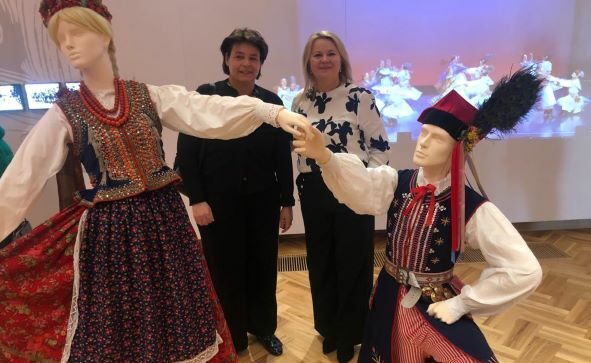Business in Women’s Hands
Katarzyna Mazur spoke with Joanna Erdman – CEO of the Fundacja Polska Bezgotówkowa, Aneta Podyma – CEO of Unum, Joanna Seklecka – CEO of eService, and Anna Włodarczyk-Moczkowska – CEO of Compensa.
Chairman or Chairwoman?
Aneta Podyma: I feel great being called “chairwoman” although I won’t mind at all if someone uses “chairman”J
Joanna Seklecka: It doesn’t matter to me. What matters is who I am, not whether I’m referred to as “chairman” or “chairwoman”.
Joanna Erdman: I believe language does matter. Several studies have proven this. Of course, from our perspective, as women shaped by years in business, confident in our competencies, our position, and professional accomplishments, it may not seem important. But it matters for future generations. It’s about showing that yes, there is a “chairman” but a “chairwoman” is also possible.
Anna Włodarczyk-Moczkowska: The way we title and describe our roles—and this very discussion—shows where we are in time: between the era when there was only a “chairman” and a new one where both “chairman” and “chairwoman” exist. In the future, maybe another term will emerge. Personally, I don’t fully identify with feminine endings added to traditionally masculine titles, but I do feel the need for this distinction to be visible, whether in a prefix or in the title itself.
According to the European Social Survey, only 36 percent of Polish women express a desire to become leaders. This is one of the lowest rates in Europe.
J.S.: Far more women finish higher education, far more choose math-related fields. But later, the share of women in STEM declines. In my view, that’s a result of how we’re raised in specific roles. Balancing the role of a mother, a person managing a household, and a leader sometimes requires sacrifices. If we don’t show our daughters other role models, that number will always be low.
A.P.: In Poland, 38 percent of women and 29 percent of men have higher education. We are ambitious, we are well-educated. A new generation is entering the labor market now. Generation Z—who are rebellious, and I love them for it. People speak poorly of them, but I think that’s unfair. They choose balance—something we didn’t choose. Girls from this generation choose themselves, they prioritize their personal lives. That’s already a visible generational shift.
A.W.-M.: In the 2022/2023 academic year, 60 percent of student IDs were in women’s hands. Most are studying humanities, but they are increasingly choosing STEM fields, once exotic for women. After graduation, women and men have the same opportunities for professional growth. Yet women less often choose a high-intensity career path. They either opt for balance between private life and career or prioritize family matters altogether. I think we don’t talk enough about the fact that at the start of a career, you need to be honest with yourself. You have to ask: what does it mean to “make a career”? What does it mean for us in terms of sacrifices, compromises, and relationships with those closest to us, with family? Because you can’t do it all.
Holding high positions means dedicating a lot of time to work, not only during working hours. There are basically no work hours. When you add travel, meetings, dinners, it turns out there’s little time left for the rest of your life. A woman has to answer for herself: does she want to go down that path? If the answer is yes, she should pursue her dreams and goals consistently—and not have doubts or feel conflicted about how many hours she spends with her child, husband, or friends. It’s a matter of choice.
J.S.: I believe that decision has to be mutual. Often, it depends on the partner. If he doesn’t agree, it’s extremely difficult for a woman to build a career.
A.W.-M.: Since we’re talking about equality, equal access to professions, to positions, to pay—let’s also say loudly that we can share household duties and childcare equally, or even shift that responsibility to the male side. Why not, if the woman has more potential or greater career opportunities?
J.E.: I’d start with the definition of a leader. There’s a stereotype of a leader shaped in times when leaders were mainly men. These leaders worked from dawn to dusk, weren’t at home, and someone else handled their family life. Today, that role has evolved somewhat. Managing a household is now more equally divided. We can arrange our duties differently. What hasn’t changed in the leader’s role is responsibility. Are we willing to take on certain obligations, responsibility for others, for whether we can handle it?
A.P.: We need examples of women in these positions, who maintain balance, who don’t have to give up everything. Who can still hold onto a piece of themselves. So that the younger generation doesn’t just see how hard it is for us and wonder if it’s even worth it. Do they want to fight like this—and for what?







